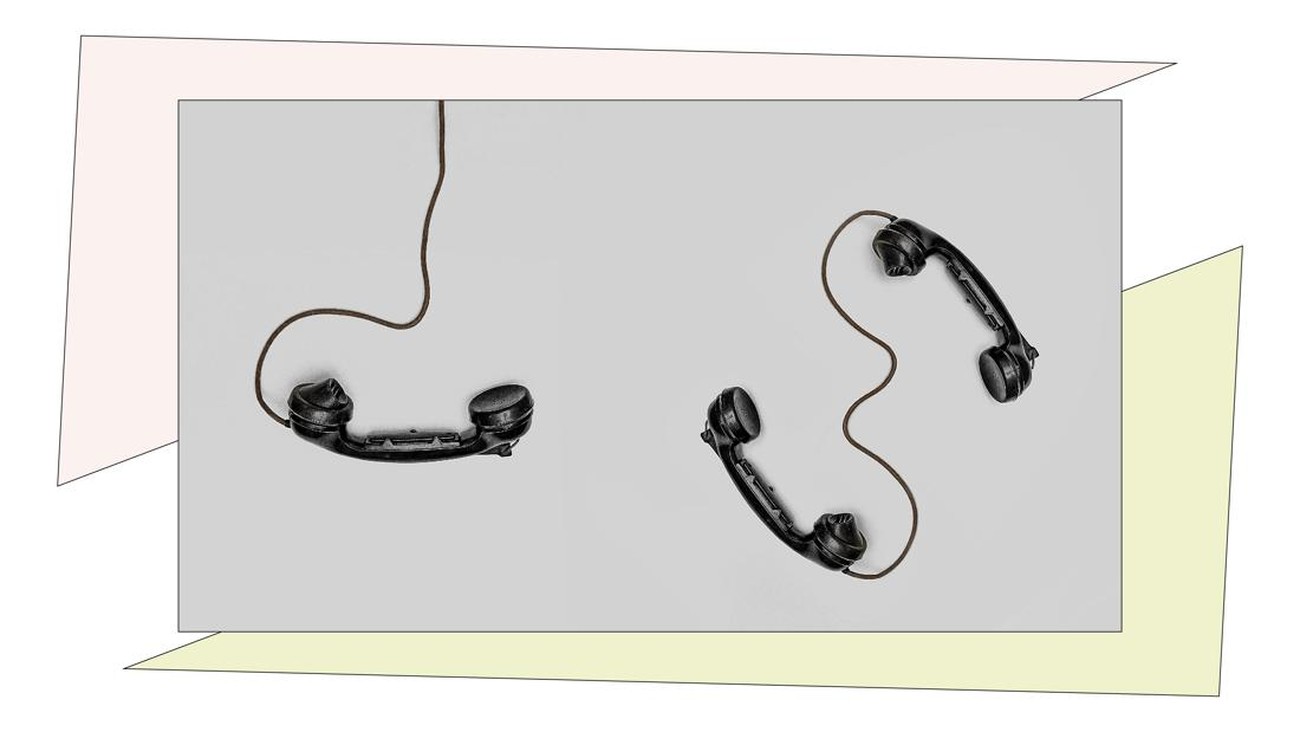Putting an end to a short fling or a long-term relationship is emotionally heart-wrenching. You have to handle feelings like grief, relief, anger, regret, and sadness. Even if breaking up was the right choice, the desire to talk to the other person can be strong. While it's hard to stop communicating with someone you've spent a lot of time with, it is suggested that going for a "no contact" approach is one of the best ways to heal, simplify things, and move forward. So, what does the no-contact rule mean and why is it important?
The "no contact" rule completely stops communication with your ex after a breakup. This involves avoiding phone calls, texts, direct messages, social media interactions, and in-person meetings. Some even suggest refraining from checking their social media posts. Although thoughts of your ex may still come up, cutting off contact and avoiding casual check-ins can minimize your tendency to dwell on them and the past relationship. It also helps in preventing mixed feelings for both parties involved.
No matter the duration of your relationship or the subtle the breakup is, parting ways can be really painful, challenging, and bring a mix of emotions. Opting for "no contact" gives you the necessary time to process the loss and grief from the relationship in a healthy way. Ultimately, it aids in healing your heart, acknowledging that the relationship is over, and helping you to get into the dating scene when you feel prepared. The "no contact" rule also prevents you from slipping back into the relationship, avoiding confusion and potentially prolonging your pain.
Congratulations if you've successfully taken the steps to delete your ex's number, block them, and mute their social media. Now comes the challenging part: sticking to the boundaries you've set for yourself. Even though you've cut off potential avenues for contact, the temptation to check their social media or reach out can still be there. However, it's crucial to resist!
According to Sabrina Romanoff, PsyD, a clinical psychologist at Lenox Hill Hospital in New York, don't contact them just because you miss them. She emphasizes that this time is meant for processing your thoughts, feelings, and needs without the influence of someone else. Instead of avoiding it, take the time to sit with your grief and loneliness and learn to process these emotions.
(DIP/DIR)


